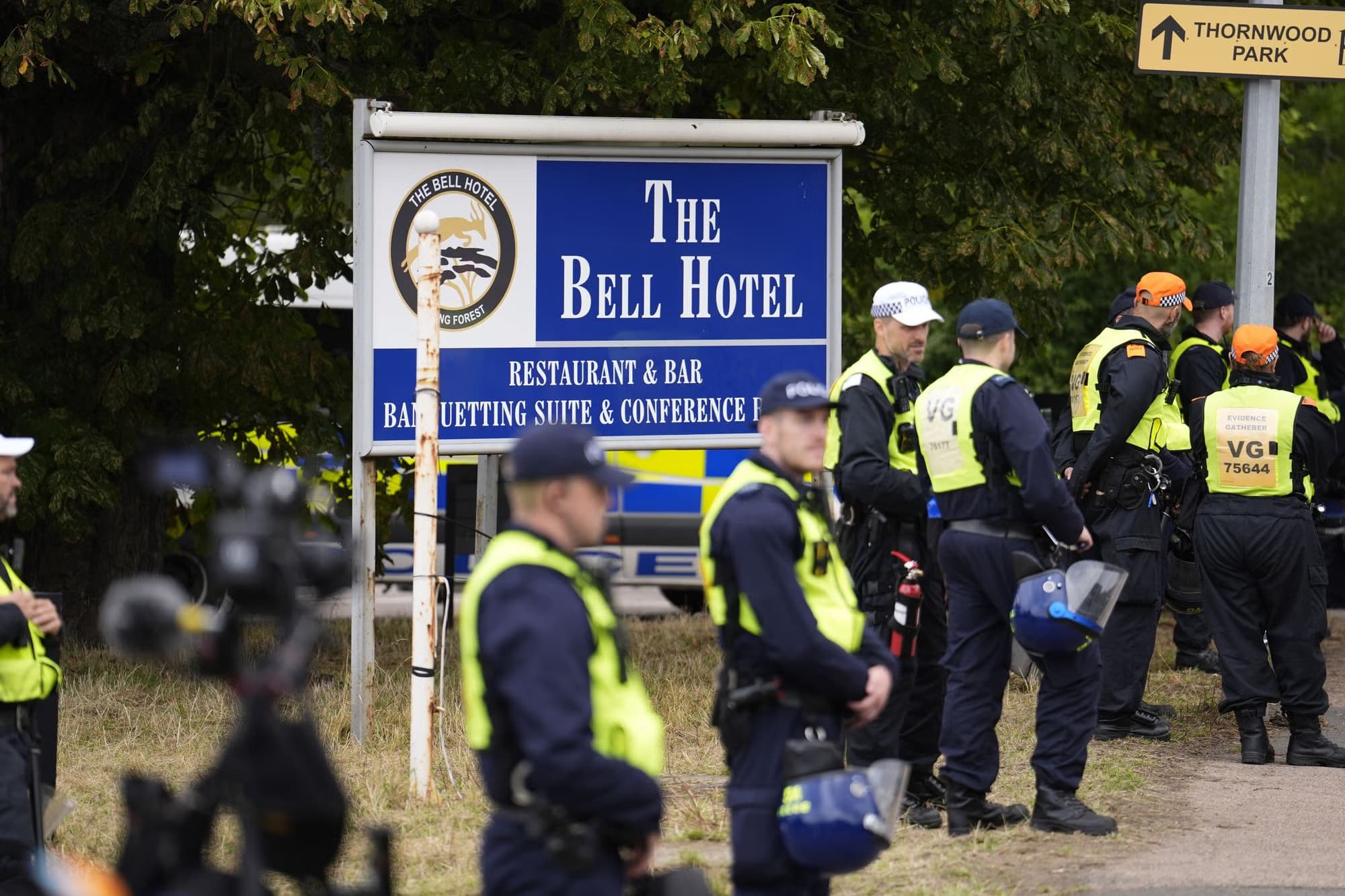We're loading the full news article for you. This includes the article content, images, author information, and related articles.
A damning UK parliamentary report on massive financial waste in its asylum system casts a harsh light on the operational competence behind Britain's external migration policies, which have significant implications for East Africa.

LONDON – The United Kingdom’s Home Office has squandered billions of pounds through gross mismanagement of a “failed, chaotic and expensive” asylum accommodation system, a powerful cross-party parliamentary committee declared in a report released on Monday, 27 October 2025. The findings detail systemic failures in financial oversight and safeguarding, raising critical questions for nations in East Africa, including Kenya, whose citizens navigate the UK’s asylum process and whose region is central to controversial British external migration strategies.
The report by the Commons Home Affairs Committee reveals that the projected cost of 10-year asylum accommodation contracts, which began in 2019, has more than tripled from an estimated £4.5 billion to a staggering £15.3 billion. These contracts are managed by private providers Serco, Mears, and Clearsprings. The committee found the Home Office “incapable of getting a grip on the situation,” identifying “failures of leadership at senior level.”
According to the report, this financial haemorrhage was enabled by a severe lack of oversight. Despite hotels accounting for over 75% of asylum accommodation spending, no performance penalties were applied for poor service at these locations or at larger sites like the Napier and Wethersfield former military bases. Furthermore, the committee found that private contractors are owed millions in excess profits that the Home Office has failed to reclaim. Mears has £13.8 million to pay back and Clearsprings owes £32 million, but the government has yet to complete the necessary audits to claw back the funds.
While the report focuses on UK domestic policy, its findings have profound relevance for Kenya and the wider East African region. According to 2025 Home Office statistics, 21% of asylum applicants in the UK were from African nations. The report’s stark warning about “significant safeguarding failings in asylum accommodation” directly impacts the welfare of any East Africans housed within this system.
Crucially, the documented incompetence undermines the credibility of the UK's broader migration policies, particularly those involving Africa. The now-scrapped plan to relocate asylum seekers to Rwanda, an East African Community member state, cost the UK government hundreds of millions of pounds for a scheme that ultimately failed after being ruled unlawful by the UK Supreme Court in November 2023. The new Labour government, which took office in July 2024, officially cancelled the plan. The committee's report on the domestic asylum system highlights a government unable to manage its internal responsibilities, let alone complex and controversial international agreements.
The UK’s shifting immigration landscape also directly affects legal migration pathways for Kenyans. Recent policy changes have tightened visa rules for students and care workers, a sector where a 2021 bilateral agreement had created opportunities for thousands of Kenyan health professionals. These restrictions, combined with the chaos in the asylum system, paint a picture of a UK immigration framework under severe strain.
The parliamentary report provides a litany of specific failures. It accuses the Home Office of a series of “hasty, short-term responses” rather than developing a coherent long-term strategy. This reactive approach led to an over-reliance on expensive hotel accommodation, which costs an average of £144.98 per person per night, compared to just £23.25 in shared housing. The committee noted a “great disincentive” for providers to move asylum seekers out of the more profitable hotel settings.
The investigation also uncovered wasteful spending on sites that were never used. The Home Office purchased the Northeye estate in East Sussex for £15.4 million—more than double its sale price from a year prior—only for officials to later find the site was contaminated. Another £48.5 million was spent on RAF Scampton before that plan was also cancelled due to soaring costs.
In a statement, a Home Office spokesperson responded to the report, stating: “The government is furious about the number of illegal migrants in this country and in hotels. That is why we will close every single asylum hotel – saving the taxpayer billions of pounds.” However, the committee, chaired by Dame Karen Bradley, expressed scepticism, warning that without a clear plan, promises to end the use of hotels risk “under-delivery and consequently undermining public trust still further.” The report concludes that the Home Office must learn from its mistakes or it is “doomed to repeat them.”
Keep the conversation in one place—threads here stay linked to the story and in the forums.
Sign in to start a discussion
Start a conversation about this story and keep it linked here.
Other hot threads
E-sports and Gaming Community in Kenya
Active 9 months ago
The Role of Technology in Modern Agriculture (AgriTech)
Active 9 months ago
Popular Recreational Activities Across Counties
Active 9 months ago
Investing in Youth Sports Development Programs
Active 9 months ago